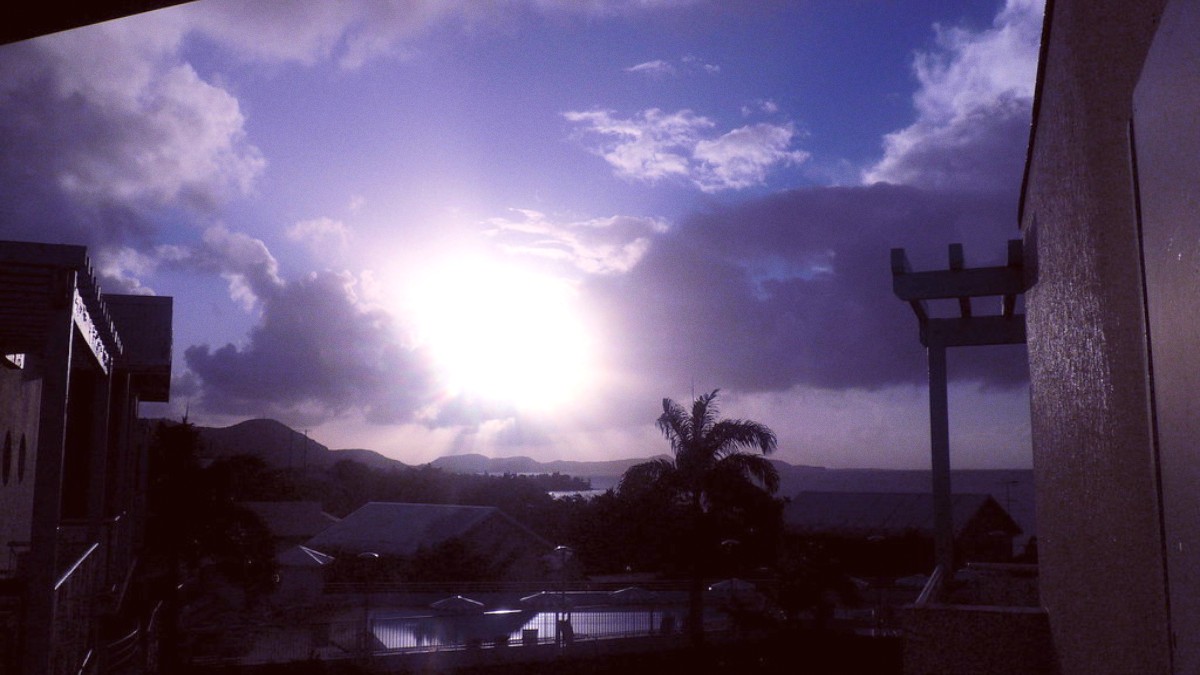
Martinique
Martinique's climate remains consistently warm, with average temperatures rarely dipping below 77°F (25°C). The island largely experiences two main seasons.
The Dry Season (December to May) offers comfortable weather. Humidity stays lower, and rainfall is less frequent. The Wet Season (June to November) sees higher temperatures and humidity. Rainfall is more frequent and intense.
For beach activities, hiking, and outdoor exploration, the dry season (December-April) presents the most pleasant conditions.
Carnival is a major cultural event taking place in the days leading up to Ash Wednesday (February/March). Book flights and accommodation well in advance. Diving and snorkeling conditions are good year-round. Rum distillery tours are year-round too.
December - April
Near-perfect weather, all services at full capacity.
Higher prices, larger crowds.
May, June, November
Pleasant weather, fewer crowds, better value.
Humidity rises, some services on reduced hours.
July - October
Lowest prices, authentic experience, lush landscapes.
Higher chance of rain and humidity, hurricane risk.
Martinique is part of the European Union and the Schengen Area. Schengen Area rules apply for short stays. Citizens of many countries enter visa-free for short stays, up to 90 days within any 180-day period. This group includes citizens from the United States, Canada, the United Kingdom, Australia, and New Zealand.
Have a passport valid for at least six months beyond your planned departure. Immigration officers may request proof of a confirmed return or onward ticket. Carry confirmation of accommodation bookings. Proof of sufficient financial resources to cover your stay may be necessary.
Martinique has no specific entry fees for tourists.
No special permits for standard tourism activities or access to most areas.
A Yellow Fever vaccination certificate is necessary if arrival from a country with risk of transmission.
Citizens of countries not part of the Schengen visa-free regime must obtain a Schengen visa.
Always check official government websites for the most current information.
Martinique, a part of France, generally holds higher prices than many other Caribbean islands. Your budget will vary based on your travel style.
Daily cost: €100-€200. This estimate covers accommodation, meals, basic transportation, and some activities.
Daily cost: €50-€90. This estimate covers accommodation, meals, basic transportation, and some activities.
Tipping in Martinique is not mandatory; a service charge (10-15%) typically includes in restaurant bills. Check your bill for "service compris." Small additional tips are appreciated for excellent service.
Martinique has good healthcare infrastructure.
Dengue, Chikungunya, and Zika are present. Prevent mosquito bites with repellent (DEET, picaridin), long sleeves and pants, and mosquito nets.
The Caribbean sun is strong. Use high-SPF, water-resistant sunscreen. Wear a wide-brimmed hat and sunglasses. Stay hydrated. Avoid prolonged direct sun exposure during peak hours (10 AM - 4 PM).
For ambulance services (SAMU), dial 15. This number is for urgent medical attention.
Medical care is comparable to mainland France.
Bring a comprehensive travel insurance policy.
For police assistance, dial 17. Use this for crime incidents or public safety concerns.
Relatively low crime rate in Martinique.
Petty crime can occur in crowded tourist areas. Stay aware.
For fire emergencies, dial 18. This number connects you to the fire and rescue services.
Emergency services are generally efficient.
European Emergency Number: 112 (works for all emergencies).
| Category | Advice | Remarks |
|---|---|---|
| Valuables | Avoid displaying large amounts of cash or expensive jewelry. Use hotel safes. | Petty crime occurs in crowded tourist areas. |
| Awareness | Be aware of your surroundings, especially with phone or camera. | Avoid walking alone at night in poorly lit areas. |
| Car Rental | Secure rental car properly. Do not leave valuables visible inside. | Applies to all rental situations. |